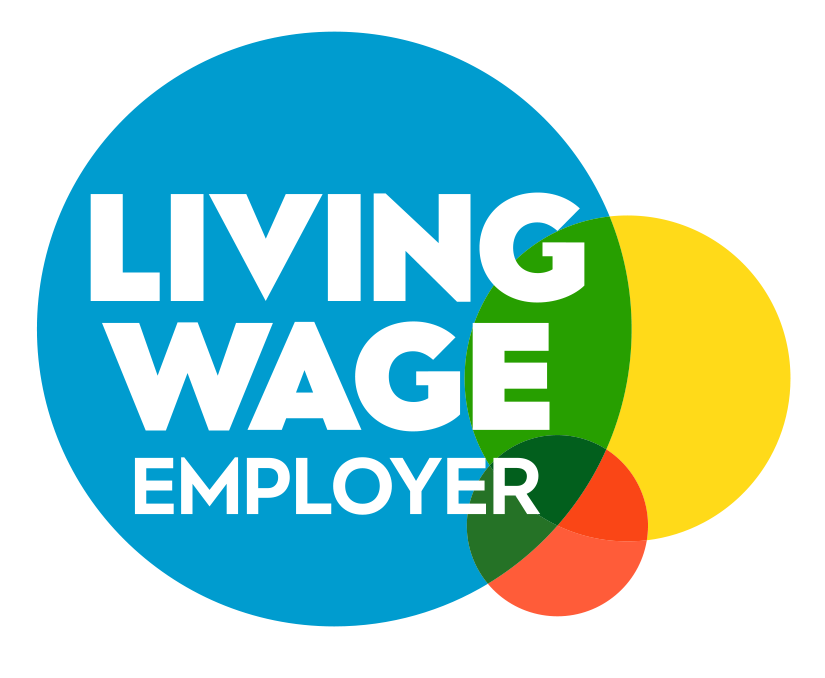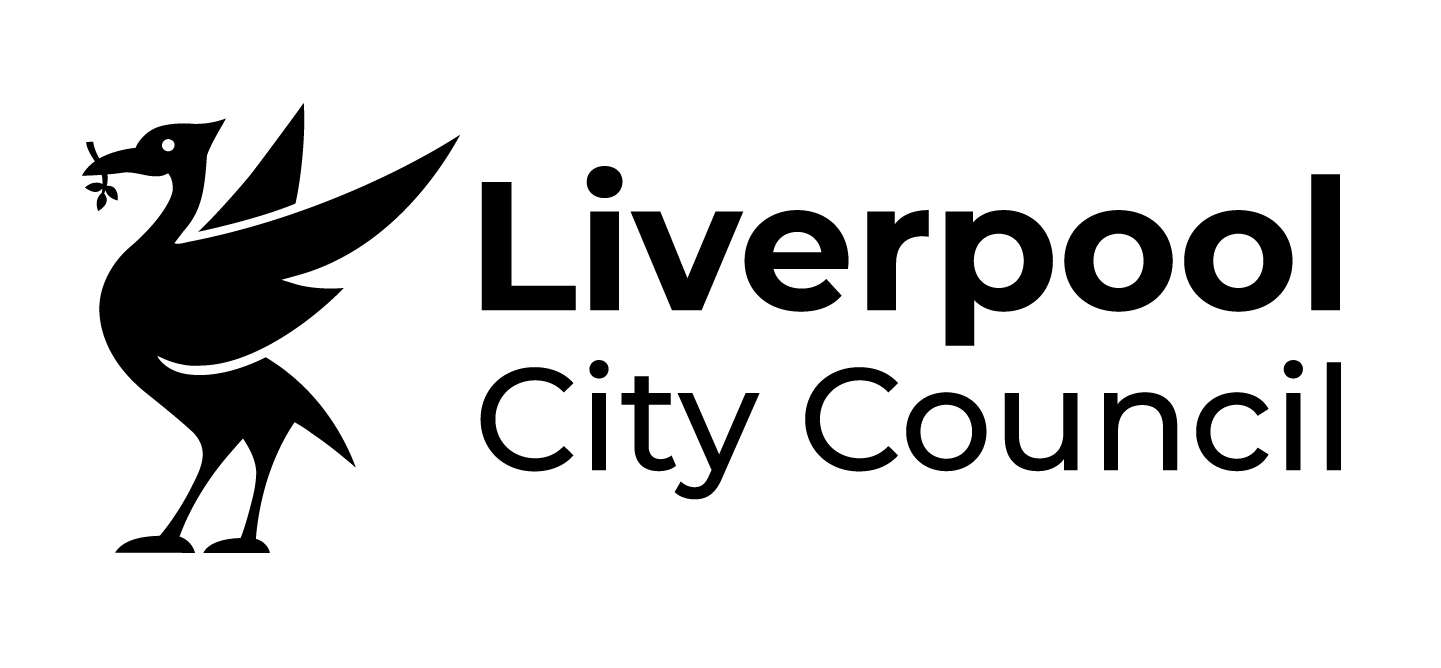An excellent and in-depth resource from American's for the Arts around the many kinds of arts with social impact.
Centre For Cultural Value
A national research centre working with cultural practitioners, academics, funders and policy makers to make research more accessible and support developments in evaluation and reflective practice.
Partnerships for Learning: A guide to evaluating arts education projects
A very useful step by step guide to all aspects of participatory project evaluation. Felicity Woolf, 1999.
Performing Impact
A scoping study of the ways in which community theatre understands and evaluates its work. University of Nottingham, 2013.
Proof of the Pudding
A resource for artists to help them demonstrate the value and impact of participatory arts and develop partnerships for funding work. Produced in collaboration with Artworks Alliance. People Dancing, 2020.
Generic Social Outcomes
A suite of resources from Arts Council England aimed to help artists provide evidence on the wider benefits of arts and cultural activities, focussed on Health & Wellbeing, Stronger & Safer Communities and Strengthening Public Life.
ArtWorks Code of Practice
One in a suite of publications looking at national standards in participatory arts from Paul Hamlyn Foundation's ArtsWorks. It is a useful guide for anyone wanting to benchmark their practice and ensure the highest standards. Kathryn Deane for PHF, 2014
Evaluation in Participatory Arts Programmes
This report comes out of Arts Council England’s Creative People and Places programme and offers evaluation models, methodologies and tools. A valuable resource for anyone evaluating their own collaborative/participatory practice. Other resources from CPP can be found here. Sarah Davies (ed) for Arts Council England, 2016
Applied Theatre: Facilitation
This book gives a critical analysis of the role of the facilitator through the lens of pedagogy, practice and resilience. It presents a range of perspectives from practitioners. For more from the Applied Theatre Series look here. Sheila Preston, 2016























